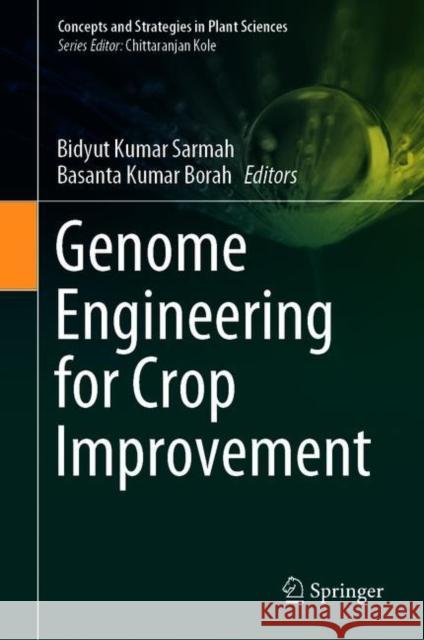Genome Engineering for Crop Improvement » książka
topmenu
Genome Engineering for Crop Improvement
ISBN-13: 9783030633714 / Angielski / Twarda / 2021 / 264 str.
Genome Engineering for Crop Improvement
ISBN-13: 9783030633714 / Angielski / Twarda / 2021 / 264 str.
cena 685,93
(netto: 653,27 VAT: 5%)
Najniższa cena z 30 dni: 655,41
(netto: 653,27 VAT: 5%)
Najniższa cena z 30 dni: 655,41
Termin realizacji zamówienia:
ok. 16-18 dni roboczych.
ok. 16-18 dni roboczych.
Darmowa dostawa!
Kategorie:
Kategorie BISAC:
Wydawca:
Springer
Seria wydawnicza:
Język:
Angielski
ISBN-13:
9783030633714
Rok wydania:
2021
Wydanie:
2021
Numer serii:
000840379
Ilość stron:
264
Waga:
0.59 kg
Wymiary:
23.88 x 19.56 x 1.78
Oprawa:
Twarda
Wolumenów:
01











